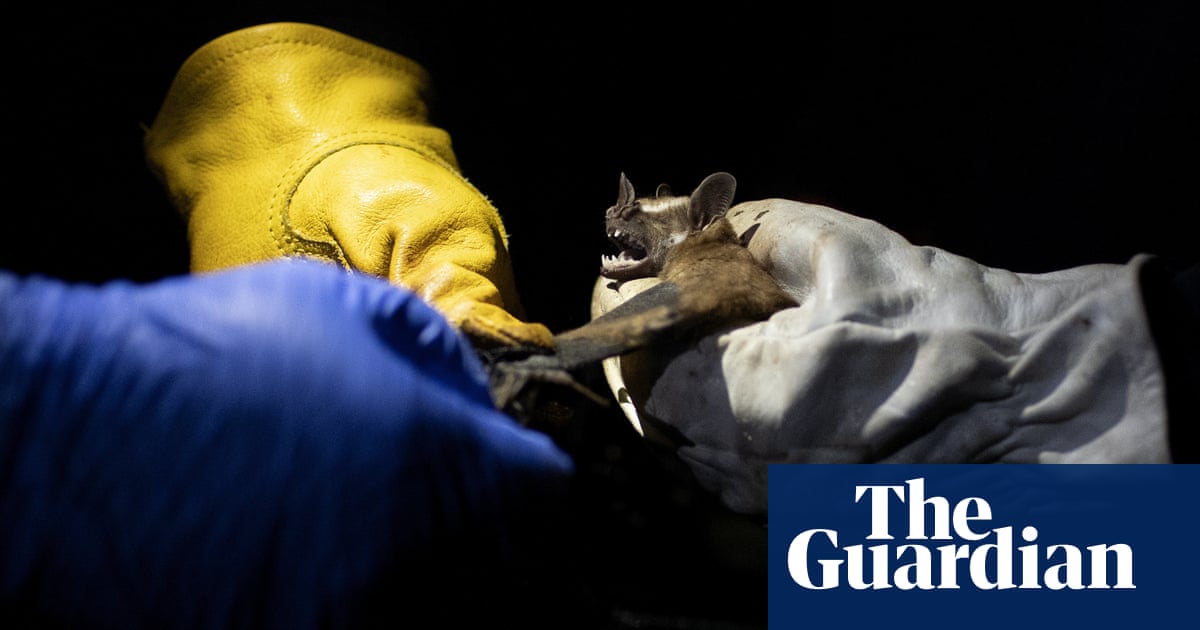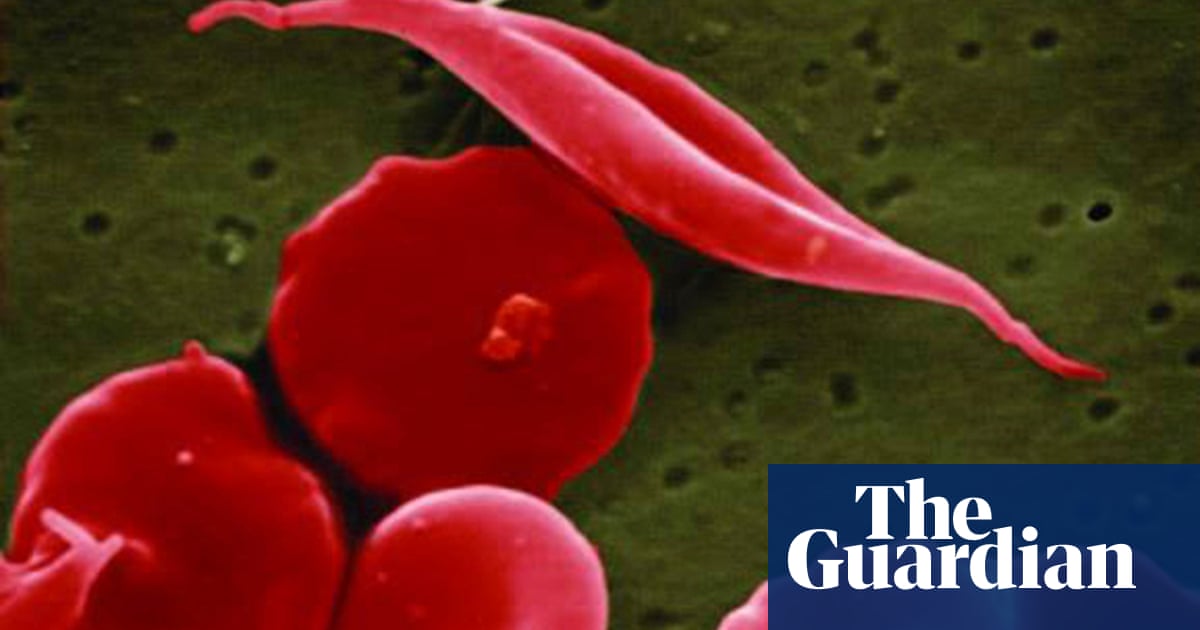
Nearly half of people with sickle cell disease do not have their condition taken seriously, according to a landmark survey.
About 48% of patients who took part in research looking at the experiences of people living with the hereditary blood disorder said they were treated like drug addicts when they tried to get emergency pain relief.
More than 1,300 patients and healthcare professionals from 10 countries, including Brazil, Oman, France, Bahrain, the UK and Saudi Arabia, participated in the survey, published by biopharmaceutical company Global Blood Therapeutics (GBT).
More than a third (38%) of patients said they believed their ethnicity was a factor in receiving poor healthcare. Sickle cell disease is most common in people in, or with ancestors from, sub Saharan Africa.
More than half of those who took part in the sickle cell health awareness, perspectives and experiences (Shape) survey, one of the largest conducted into the disease, said they received poor care because medics lacked knowledge about the condition.
As well as severe pain, 84% of patients said fatigue had the biggest impact on their lives, but only 53% of medics said they felt they had the tools to treat it.
On average, patients said they missed more than seven days of school or work a month and more than half said the disease had affected their mental health.
Sickle cell disease changes the shape of blood cells into crescents, hindering blood flow. Sufferers experience severe painful episodes, which can require hospital admission. The drug Hydroxyurea can reduce the number of episodes, but the only cure is a bone marrow transplant. Life expectancy can be 20 to 30 years shorter than the general population.
About 5% of the global population carry the gene and some 300,000 babies are born with the disease each year. The majority with the disease in low-income countries will die before they are five.
“In recent years, we’ve started to see some positive change, but it is still not enough,” said Dianaba Ba, who lives with sickle cell and is director of operations at the French patient advocacy group SOS Globi: The Federation of Sickle Cell and Thalassemic Patients.
“The challenges for patients seem endless and this survey highlights that, in spite of this, patients do not feel heard. They continue to face acute physical but also emotional damage, stigma and discrimination.”
Manjusha Chatterjee, from NCD Alliance, said sickle cell and other non-communicable diseases are more than a health issue.
Advertisement
“They are a major human rights and equity issue, as they disproportionately burden the poorest and most marginalised populations. In countries everywhere, this includes ethnic minorities. Urgent steps need to be taken so that health systems are inclusive and no one is left behind,” she said.
“Although millions of people around the world live with sickle cell disease, it is still considered a rare condition. Simply getting a correct diagnosis of a rare disease is difficult – on average, it takes seven years.”
Dr Baba Inusa, professor and consultant of paediatric haematology at Guy’s and St Thomas’ NHS foundation trust in London, called the survey results a wake-up call.
“The Shape survey is important because it illustrates how vital it is that we understand our patients’ needs, and it suggests what we in the medical community can do to help change perspectives, increase education and awareness, and improve care,” he said.
“I believe that the actions that follow can enable us to help drive a better dialogue and improved conversations around the management and care of this long-neglected and devastating disease.”












